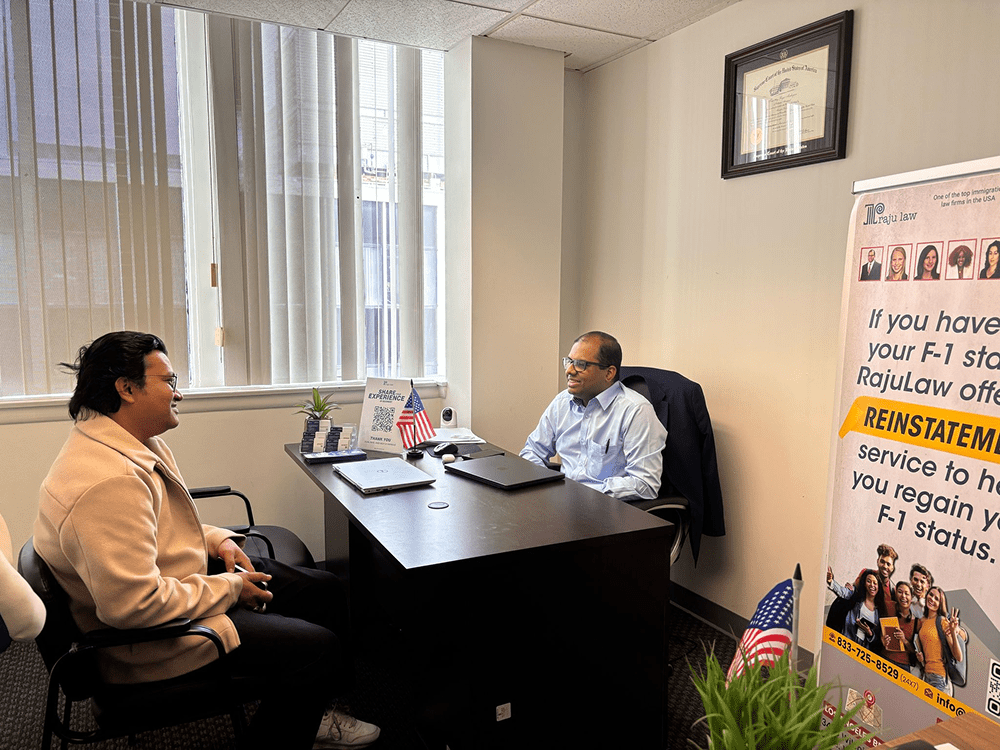When Do You Need a Writ of Mandamus Attorney?

You need a writ of mandamus lawyer when:
Extended Delays
Your application (e.g., I-130, I-485, I-765, or DS-260, F-1, H-1B, Asylum) has been pending far beyond normal processing times;
Administrative Hold
You suspect security checks, administrative processing, or inter-agency reviews are holding your case indefinitely;
No Response
You’ve tried contacting USCIS or the U.S. embassy multiple times with no meaningful response;
Hardship Situation
Your delay is causing hardship, such as family separation, job loss, or medical risk.
Legal Action Consideration
You are considering federal litigation and need someone who understands both immigration law and federal court procedure.
A mandamus lawyer will evaluate your situation, determine if your delay is legally “unreasonable,” and advise if a federal lawsuit is appropriate.







